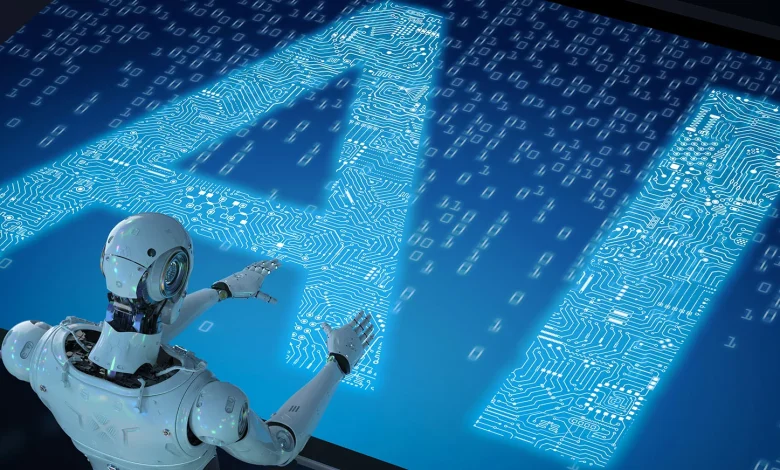AI for Good: Uncovering the Positive Impact on Society

Artificial intelligence (AI) isn’t just a buzzword – it’s a rapidly evolving field shaping our world in countless ways. While AI sometimes carries negative connotations, it has immense potential to improve lives and drive social progress as a force for good. To better understand its impact, let’s explore how AI transforms industries and addresses some of the world’s most pressing challenges. In this exploration, we’ll encounter some of the Best AI Tools currently contributing to these advancements.
Enhancing Healthcare with AI
- Faster and More Accurate Diagnoses: AI-powered algorithms can analyze medical images (like X-rays and CT scans) to spot abnormalities with greater speed and accuracy than humans alone, boosting early disease detection.
- Personalized Treatment Plans: AI systems process vast amounts of patient data and research studies to predict which treatments have the highest chance of success, tailoring care to individuals.
- Drug Development: AI speeds up drug discovery, analyzing molecular structures and predicting which compounds are most likely to be effective.
AI for Environmental Sustainability
AI plays a vital role in protecting our planet:
- Climate Change Mitigation: AI models analyze climate data, predict weather patterns, and optimize renewable energy management.
- Efficient Resource Management: AI optimizes water and energy use in agriculture and manufacturing, reducing waste and minimizing environmental impact.
- Biodiversity Conservation: AI identifies endangered species and their habitats through image and sound analysis, informing conservation efforts.
Transforming Education with AI
AI brings opportunities to personalize and improve learning experiences:
- Adaptive Learning: AI-powered software adjusts to a student’s pace and learning style, providing personalized lesson plans and targeted support.
- Accessibility and Inclusivity: AI tools like speech-to-text and text-to-speech help students with disabilities overcome learning barriers.
- Revolutionizing Assessment: AI can automatically grade assignments and provide feedback, freeing teachers’ time for more meaningful student engagement.
AI for Social Progress
AI tackles social challenges like poverty and inequality:
- Identifying Communities in Need: AI can analyze socioeconomic data to pinpoint areas most vulnerable to poverty and target aid effectively.
- Combating Human Trafficking: AI can monitor online platforms and financial transactions to uncover patterns of human trafficking, aiding prevention and rescue efforts.
- Disaster Response: AI analyzes satellite imagery and social media data during natural disasters, helping responders prioritize and strategize.
The Importance of Ethical and Responsible AI
Maximizing AI’s positive impacts requires thoughtful implementation. Key considerations include:
- Transparency and Fairness: AI algorithms must be transparent in their decision-making to avoid bias and ensure fairness.
- Data Privacy: It’s vital to safeguard sensitive personal data used to train and operate AI systems.
- AI for Everyone: Ensure AI benefits are broad and inclusive, not limited to a privileged few.
Conclusion
The potential of AI for good is undeniable. From revolutionizing healthcare and combating climate change to empowering individuals with disabilities and driving educational advancements, AI offers a multitude of solutions to address complex global challenges. However, responsible development and ethical considerations are paramount to ensure AI’s positive impact is maximized and its potential pitfalls are mitigated. As we move forward, embracing collaboration and fostering a shared vision for AI Tools in the pursuit of AI for good is crucial in creating a future where this powerful technology benefits all of humanity.



